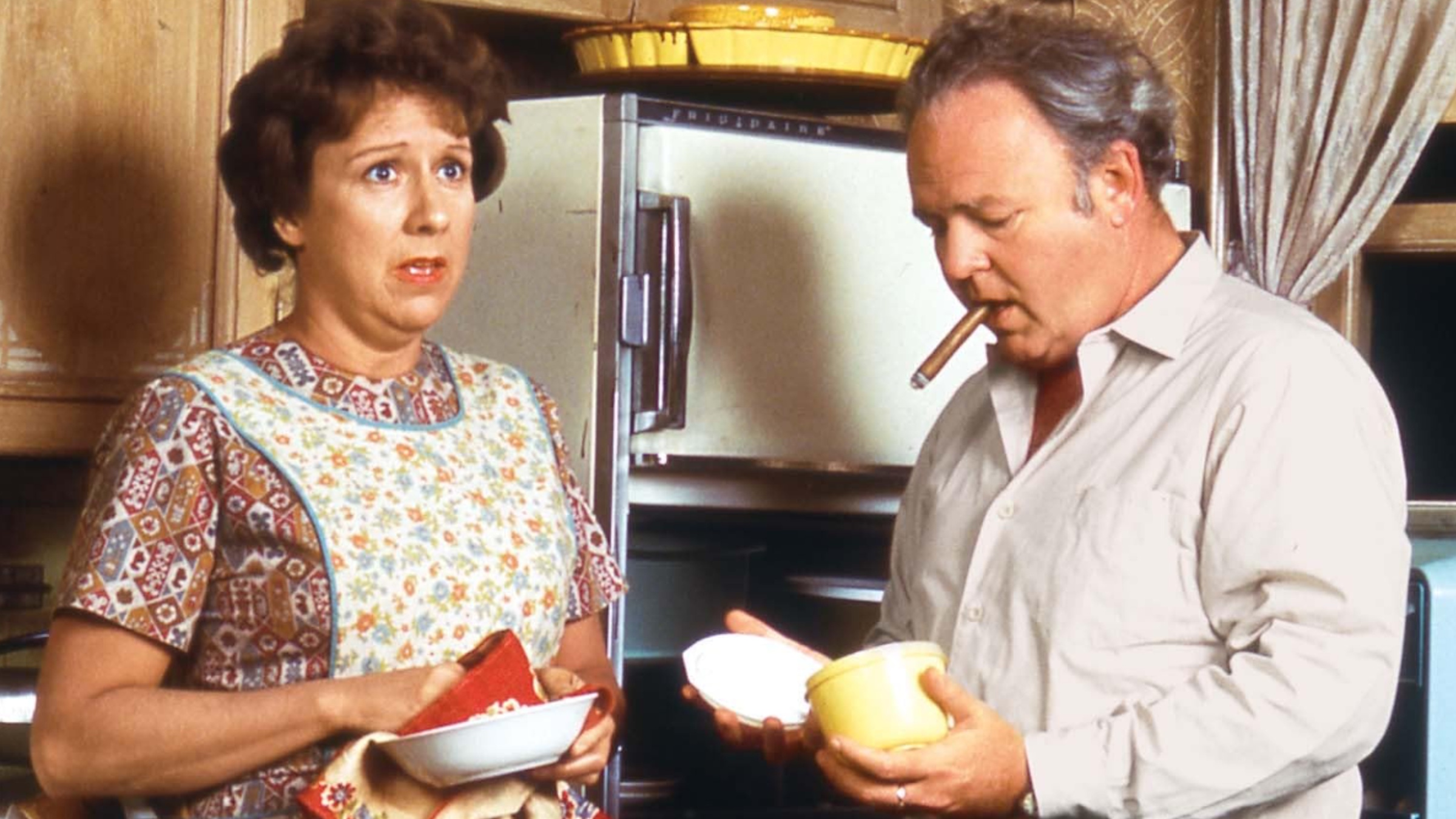
Popular TV shows build dedicated fan bases, which helps them stay on the air for many seasons. While fans are happy when a show gets renewed, sometimes continuing a series for too long can actually diminish its quality.
Most shows that stay on the air for a long time eventually reach a point where they start to decline significantly. These moments, often called “jumping the shark,” happen when the show introduces storylines that don’t make sense with what came before, changes characters in unbelievable ways, and ultimately disappoints fans to the point of no return.
7) Seinfeld Ends With Everyone In Jail

The finale of *Seinfeld* was famously controversial, and understandably so. After nine seasons of watching Jerry and his friends navigate hilarious everyday mishaps, the show ended with them all in jail, facing no clear path to getting out – a surprisingly bleak conclusion for such a comedic series.
The scenario felt like something straight out of a *Seinfeld* episode, so it didn’t feel like a true ending. Typically, if it weren’t the finale, the group would simply reappear in their usual New York City hangout in the next episode, with no explanation. But because this *was* the final episode, they were stuck in jail. It was a disappointing way to end the show, and the reason for their arrest was more silly than humorous.
6) Spike Forces Himself on Buffy

While *Buffy the Vampire Slayer* featured many fantastic episodes, the show lost its way when it leaned too heavily into horror during its final seasons. A particularly notorious moment – a scene depicting a sexual assault on Buffy by Spike – is remembered for being excessively graphic and upsetting, even making the actor James Marsters uncomfortable during filming.
The scene was deeply disturbing, and Spike’s actions felt unforgivable. Adding to the problem, troubling reports soon emerged about similar behavior by the show’s creator, Joss Whedon.
5) St. Elsewhere Reveals That The Entire Series Was a Dream

The medical dramas we watch today are heavily influenced by the show *St. Elsewhere*. It was groundbreaking for its time, weaving together doctors’ personal lives with their cases, and wasn’t afraid to address sensitive social topics. The show notably covered the AIDS crisis in several episodes, and one early storyline featured a doctor meeting a transgender patient.
The TV show *St. Elsewhere* was both a hit with audiences and incredibly innovative for its time. However, the series finale is infamous for a shocking twist: it revealed the entire story had been the fantasy of an autistic child, who was simply imagining the events while looking at a snow globe containing a hospital.
Okay, so the finale… honestly, it felt like a slap in the face after six years of being totally invested in these characters. It just didn’t feel earned, you know? Plus, the way they handled a certain character’s traits… it relied on some really outdated and frankly harmful stereotypes about autism. I get the show aired in 1986 and understanding of autism wasn’t what it is today, so it’s not *entirely* their fault, but it still left a bad taste in my mouth.
4) All in the Family Introduces Stephanie

All In The Family was a groundbreaking comedy famous for tackling controversial topics. A lot of the show’s humor came from the clashes between Archie Bunker, a working-class man who was often prejudiced and uneducated but meant well, and his son-in-law Mike, who held strong liberal beliefs that were often as firm as Archie’s conservative ones.
The show ultimately highlighted the strong bonds of family. Despite constant disagreements, Archie secretly saw Mike as family and would always have his back when others spoke badly of him, even if he complained about him behind closed doors.
After Mike and Gloria left the show at the end of season eight, *All in the Family* just wasn’t the same. It would have been a perfect ending if the Stivics had moved to California and Archie and Mike had finally told each other they cared.
Honestly, the show really started to struggle after that. They brought in Archie’s niece, seemingly out of nowhere, and suddenly the Bunkers were responsible for her. I’ve always felt like adding kids to sitcoms is a risky move, and it just didn’t work here. It was weird having Archie’s biggest foil be a little girl – the humor just wasn’t landing anymore.
3) Michael Leaves The Office

Like *All in the Family* before it, *The Office* struggled after its main star left. For six seasons, Steve Carell’s character, Michael Scott, was the center of the show. Michael was often self-centered and made poor choices, and the other characters usually had to deal with the consequences of his outlandish behavior, which sometimes led to controversial storylines.
After Steve Carell left the show, *The Office* continued, but it wasn’t the same. While Michael Scott’s departure would have been a fitting end to the series, it went on for two more seasons, and many viewers found it lost its humor and became quite dull without him.
2) Bobby Ewing’s “Death” on Dallas

Bobby Ewing’s death on *Dallas* is famous for a surprising twist: it turned out the entire season had been a dream he experienced while showering. While some viewers who disliked the storyline initially welcomed this reveal, it’s now largely considered a contrived way to resolve a failed plot.
If Bobby hadn’t died, the storyline wouldn’t have been changed to a dream sequence. The show only introduced this plot because the “who shot J.R.?” mystery had become so famous, and *Dallas* tried to recreate that success with a new murder, which ultimately didn’t resonate with viewers.
1) Negan Kills Glenn On The Walking Dead

The season six finale of *The Walking Dead* ended with a cliffhanger – Negan killing someone, but not showing who. This attempt to build excitement backfired. The long wait of seven months for the next season caused viewers to lose interest, and when it was finally revealed that Glenn was among those killed, many fans were disappointed.
Glenn’s death was handled poorly. After seemingly dying in season six, he was unexpectedly revealed to be alive, only to be killed off again shortly after. This confusing and repetitive storyline undermined the show’s suspense, and the long wait for a resolution only made it more frustrating. Ultimately, the whole ordeal damaged audience trust, and some believe it contributed to the decline of interest in zombie stories overall.
What do you think? Leave a comment below and join the conversation in the Comic Book Forum.
https://comicbook.com/tv-shows/news/7-sci-fi-tv-show-twists-that-ruined-the-episode/embed/#
Read More
- Survivor’s Colby Donaldson Admits He Almost Backed Out of Season 50
- Where Winds Meet: How To Defeat Shadow Puppeteer (Boss Guide)
- Best Controller Settings for ARC Raiders
- How to Build a Waterfall in Enshrouded
- Gold Rate Forecast
- Uncovering Hidden Order: AI Spots Phase Transitions in Complex Systems
- 1998 Fighting Game Secretly Re-Released After 27 Years With Rollback Netcode
- Everything Coming to Netflix This Week (October 20th)
- The Legend of Zelda Film Adaptation Gets First Photos Showcasing Link and Zelda in Costume
- Death Stranding 2: Best Enhancements to Unlock First | APAS Guide
2025-10-17 20:12